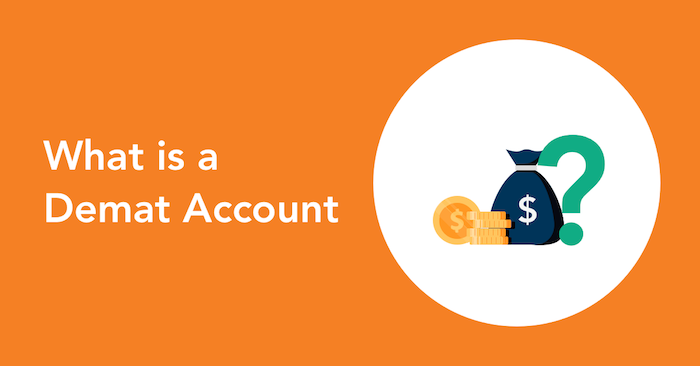To invest in the stock market, you must open an online demat account and trading account. Individuals who are new to the stock market often wonder what is a demat account. A demat account holds your financial investments in digital format helps you to trade them conveniently. It is also possible to transfer demat shares from one account to another. Let’s look at the different types of demat accounts now!
Types of demat account
You must know about these demat account types before you open a demat account:
- Regular demat account: A regular demat account is meant for Indian citizens. It allows you to invest in different asset classes without any restrictions. Some depository participants even allow you to invest in foreign markets directly through NSE IFSC (National Securities Exchange International Financial Services Centre) or through international mutual funds and ETFs (Exchange Traded Funds).
A BSDA is a regular demat account that provides basic trading facilities. If your holdings are less than Rs. 50,000 in value, the AMC (Annual Maintenance Charges) for your demat account get waived.
- Repatriable demat account: A repatriable demat account is meant for NRI (Non-Resident Indian) and PIO (Person Of Indian Origin). However, a repatriable demat account can be opened only if you have an NRE (Non-Resident External) account. A repatriable demat account allows you to transfer your earnings to a foreign account. This facility is not available in a regular demat account and non-repatriable demat account.
- Non-repatriable demat account: A non-repatriable demat account is also for the NRIs and PIOs. You need to have an NRO (Non-Resident Ordinary) account to open a non-repatriable demat account.
Working of a demat account
The below points highlight the working of a demat account:
- You need a trading account to buy and sell shares online. However, before that, you need to add funds to your trading account from the bank account. When the transaction is completed the shares get credited to your demat account.
- When you sell shares online, the order is placed through a trading account. The shares get debited from your demat account and is credited to your trading account the money once the transaction gets completed. The entire process of buying or selling gets completed in T+2 days.
Benefits of having a demat account
The key benefits of having a demat account are highlighted below:
Easy monitoring of securities
You can monitor your holdings directly from your demat account. To check your trading transactions, you can download a detailed account statement from your demat account. It is also possible to download the P&L (Profit and Loss) statement to check the profits or losses that you have made via trading.
Asset rebalancing
If you only invest in stocks, you can check how your funds are distributed between large-cap, small-cap, and mid-cap stocks via your demat account. It also shows how your investment is diversified among various sectors. By showing the allocation of funds through infographics, the demat account helps you to determine whether you need to rebalance your equity investment.
If you invest in other asset classes as well, the demat account will show how your investment is diversified among different asset classes. By analyzing your investment portfolio, you can judge whether you need to rebalance your asset allocation.
Investing in multiple asset classes
A demat account allows you to invest in stocks, bonds, currencies, commodities, and derivatives. Therefore, it provides direct access to multiple earning opportunities presented by the stock market.
Elimination of stamp duty
A demat account facilitates a smooth and convenient way of online trading by eliminating the need of physical share certificates. It also negates the need for stamp duty that was required to complete transactions before the introduction of the demat account.
Got to homepage

